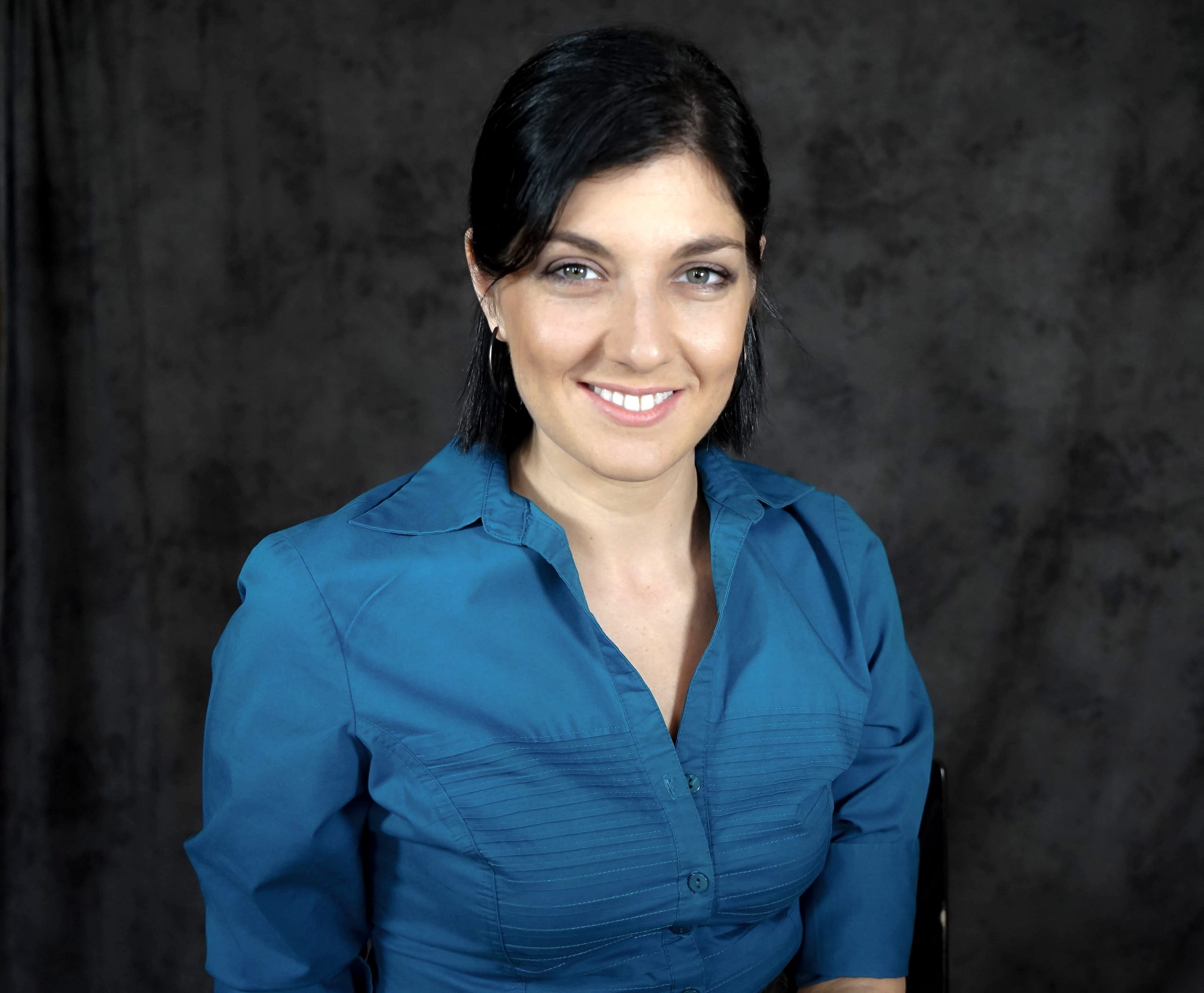
Can startups find opportunities in times of crisis?
Can startups find opportunities in times of crisis? Interview with Elena Emma
It’s a tough time for business. But while many startups around the world are struggling now, in the long-run, the crisis is bound to create some winners. That’s why today, we’d like to share with you some insights from a conversation we had with Elena Emma, an ESEI instructor and multifaceted business expert who also runs and online startup incubator.
She tells us about her course “How to launch a startup” and gives us an introduction to her incubation programme, . Then, she shares her thoughts on how early-stage entrepreneurs should navigate the crisis, and predicts what the business world will look like post-COVID-19.
Let’s take a look:
How to launch a startup: Elena’s course at ESEI
Elena is an entrepreneur who’s launched several ventures since her early 20s. She offers financial consulting for startups and organisational executive coaching. Much of this is non-profit work: through her OneCoffeeShift initiative, Elena gives coaching sessions in exchange for a cup of coffee.
Elena is an instructor at five of Barcelona’s top business schools, and her courses cover a whole range of topics – including management, leadership, business strategy, entrepreneurship, and everything in between.
“In the past three years, I’ve basically taught a full MBA programme,” she says jokingly.
This semester, Elena has shared her first-hand experience with building companies from the ground up with our students in her class “How to launch a startup”.
The COVID-19 pandemic and its impact on the economy offers an interesting context for this hands-on course.
“I bring up this subject a lot in the classroom because this situation is ripe with examples of leadership, opportunities and challenges and allows everyone to relate immediately. It’s like a case study that keeps unraveling weekly. It doesn’t get better than that for a creative educator, like myself,” Elena says.
Elena’s classes feature 30-minute Q&A sessions with entrepreneurs who come from various backgrounds and are at different stages of their startup journeys.
“The journey of entrepreneurship is similar for all, but how they get in and come out of situations is different. Exploring this variety of possible routes is the main purpose behind these Q&A guest talks,” she says.
Elena believes in learning by doing. Our Master’s in Digital Entrepreneurship is meant to do just that: provide a practical course and a supportive environment for students to launch their own digital businesses.
For the past year, Elena’s also run an experimental online incubator programme for startups called Startup Cielo, a project that’s part of her PhD dissertation. Let’s find out more about it.
Startup Cielo: the online incubator for early-stage startups
Building a startup incubator has been Elena’s dream since she was 15 – although, she didn’t know what to call it at the time. She imagined a private college for business and philosophy, and wanted the first year of the programme to focus on self-development. The second year would be all about acquiring business skills.
Since then, her idea has evolved into Startup Cielo: a comprehensive one-year virtual incubator for pre-seed and seed-stage startups in non-tech industries.
Startup Cielo was launched as an experiment. Now, 8 startups are about to complete the programme, which gives people the opportunity to study applied entrepreneurship – a degree that doesn’t formally exist yet. Elena is currently talking to universities to get her course accredited and provide participants with an official certificate.
“I have a very specific niche: I work with underdogs. I am one of them, and I believe in them wholeheartedly,” she says.
By underdogs, Elena means aspiring entrepreneurs who don’t have any experience in building businesses and have no idea where to start. “My programme allows you to fail, but you need to fail effectively. Which means that every time you fall, you need to get up and try again, under my guidance,” she says.
The programme is a combination of one-on-one and group coaching sessions. It’s based on a step-by-step process that Elena created. It takes startups from the early stages of defining their vision and mission to creating a go-to-market strategy, building a team and setting up their operations.
In the future, Elena also wants to help startups secure their first investment.
“It’s still a work in progress, but so far the programme has been very successful. All 8 startups have managed to stay alive and they all have operations, which is huge,” she says. “Most of them are ready to move on to an accelerator and raise funding.”
There will be no hand-holding from Elena once the startups graduate the programme – she’s not going to claim a percentage of their shares like most incubators do. She believes in setting her alumni free and doesn’t want them to “get attached”.
“Startups are like children that need to be nurtured. I’m just the nanny,” she says.
Is the crisis an opportunity for your startup?
We’re in the middle of a global crisis that has shaken the world to its core. Millions of businesses across industries have been affected by the sudden recession. So what are early-stage entrepreneurs to do at a time like this?
According to Elena, the first and most important thing to do is to focus on yourself. “Put your startup idea aside until you can breathe financially and take care of your emotional and mental state,” she says.
Once you’ve managed to do that, Elena recommends taking another look at your ideas and to see if they still resonate with you; if they don’t, you shouldn’t pursue them right now. “For some people, ideas are what keeps them sane. It gives them hope, something to look forward to,” she says.
Since planning is almost impossible in times of such uncertainty, Elena recommends that you try to separate what you can and cannot control. Then, you should examine any new opportunities ahead and see if they feel right to you. If they do, take advantage of these opportunities and figure out how you can make them work for you.
How the business world will change after the crisis
“Recession is an opportunity for businesses. COVID-19 has actually created new markets that didn’t exist before,” Elena says. And, she’s optimistic about the changes the crisis will bring to the business world.
She believes the habits of investors, particularly venture capitalists, are bound to change – but in a way that will lead to a healthier economy.
“The scale-up bubble is bursting. Profitability is becoming more important than growth,” she says. “Scale-ups are not sustainable, and this crisis will put an end to the donation-based economy that characterised the era of companies like Glovo and Uber.”
Elena predicts that while VCs will probably go back to investing in bigger companies instead of startups, there will be more financial support available for early-stage ventures. She also hopes that as the world starts to realise that “technology is not an industry, but merely a tool,” non-tech companies will get a little more of the spotlight.
Last but not least, Elena hopes to see initiatives that support global entrepreneurs who do not want to be tied to the legal and tax system of a single country. In her recent paper, Disposable Ventures, she draws up a model that would allow startups to exist as global entities overseen by the United Nations. This would enable early-stage entrepreneurs to test their ideas on the market without having to deal with all the expenses and red tape that comes with setting up a business today.
“Before COVID-19, this seemed like one of those crazy ideas that would never happen. But now, I think it’s actually a lot closer than we think,” she says.
If you’re an aspiring entrepreneur who wants to gain hands-on experience and knowledge of how to run a business, check out our Master’s in Digital Entrepreneurship course.



